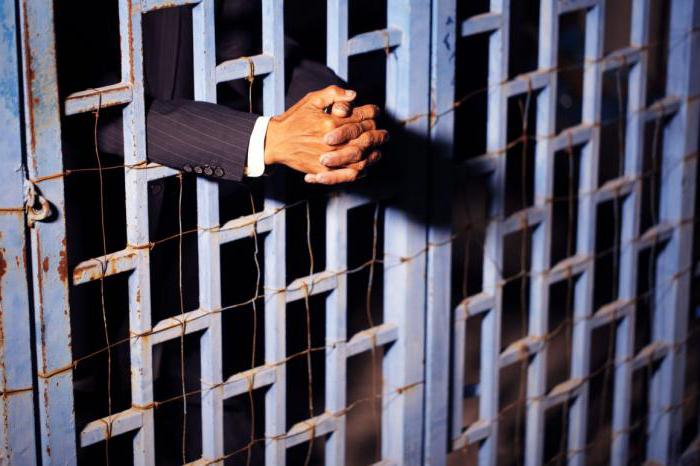Corruption exists in any state. This is a truly destructive element for society, which nevertheless is practically impossible to eradicate. It seems possible only to try to minimize corruption. In Russia, the Federal Law "On Combating Corruption" was adopted for this. The content of this normative act will be briefly reviewed in our article.
Objectives of the Anti-Corruption Law
What is corruption? Article 1 speaks of giving or receiving a bribe, commercial bribery, abuse of authority and other phenomena related to unlawful gain.
Anti-corruption work should be based on a number of important principles. The first idea is legality. The activities of Russian law enforcement agencies should not go beyond the scope of legal norms. The second principle is the focus on protecting the rights and freedoms of people. It should be remembered that the main goal of the fight against corruption is to take care of citizens. The last principles are publicity, the inevitability of punishment and the complexity of the measures applied.

International cooperation has a special place in the fight against corruption. Domestic law enforcement officers must exchange information and experience with foreign state authorities.
Organization of anti-corruption activities
The law provides a comprehensive anti-corruption plan. The responsibilities and powers of state bodies and officials are distributed. For example, the task of the Russian President is to identify the main vectors of political development in the field of combating bribery. The Federal Assembly, the legislature, should draft laws on anti-corruption activities. The government is obliged to distribute the corresponding functions between the executive ministries and committees.
Each state body has its own set of functions and powers. However, the goal is the same for everyone: minimizing corruption.
The main objectives of anti-corruption activities
In Russia, there is no separate anti-corruption body. The fight against bribery is carried out immediately by all state authorities. Each body is endowed with special powers, but the tasks of the entire political machine are approximately the same. They are defined in article 7 of the law in question.

The first and main task is the introduction of anti-corruption standards. A clear system of prohibitions, restrictions and permissions should be created, which could ensure the prevention of corruption in a particular area. The second task is related to the processes of informatization. The state is obliged to create an atmosphere of universal condemnation of corruption. This requires maximum publicity of all major violations of the law related to corruption. The media must be independent.
The last task is to optimize the work of the law enforcement system. Anti-corruption bodies must be in a state of continuous development. Only in this case will the fight against bribery be truly effective.
Income and expenses
In order to combat corruption, the law prohibits a number of officials from storing finances in foreign banks. Moreover, deputies, senators, as well as some members of the judiciary must provide timely information about their income and expenses. Wages, as well as the amounts spent on a particular property are taken into account.In the event of a clear discrepancy between income and expenses, the issue of illegal enrichment will be raised.
Often, state and municipal employees "transfer" property to their relatives. Thus, they hope to legalize their expenses. However, recent amendments to the law provide for this point. From now on, control is carried out not only for civil servants, but also for their families.

The law also pays attention to non-state companies. They are monitored by tax authorities or special anti-corruption commissions.
Conflict of interest
Often, a state or municipal employee puts his own interests above official duties. A contradiction arises - a conflict of interest. The official, wanting to get rich or get some benefits, comes to a direct violation of the law. The Anti-Corruption Act provides for such a situation, and therefore enshrines the main ways to combat conflicts of interest.

The first and most common method is disclosure. It has already been described above: officials publish information about their income and expenses. The second method is monitoring by anti-corruption authorities. Such instances are tax authorities or special commissions. For example, in the State Duma there is a commission to control the declarations submitted by deputies. It is headed by the notorious Natalia Poklonskaya.
The last way to deal with a conflict of interest is called preventive. A public servant agrees to abandon a share in the capital of a private company. It is known that the law prohibits deputies and senators from doing business.
System of restrictions and prohibitions

The law sets out a number of responsibilities for large public servants. According to article 13.3, organizations must take measures to prevent corruption. All methods of control can be divided into preventive and elimination.
A number of preventive measures include the adoption of codes of professional ethics, the definition of anti-corruption units, cooperation with law enforcement agencies, the prevention of conflicts of interest and much more. The area of liquidation measures includes specific actions that constitute the fight against corruption. This is the regulation of the conflict of interest, the dismissal of those who violate the law, as well as the fight against the consequences of bribery and abuse of authority.